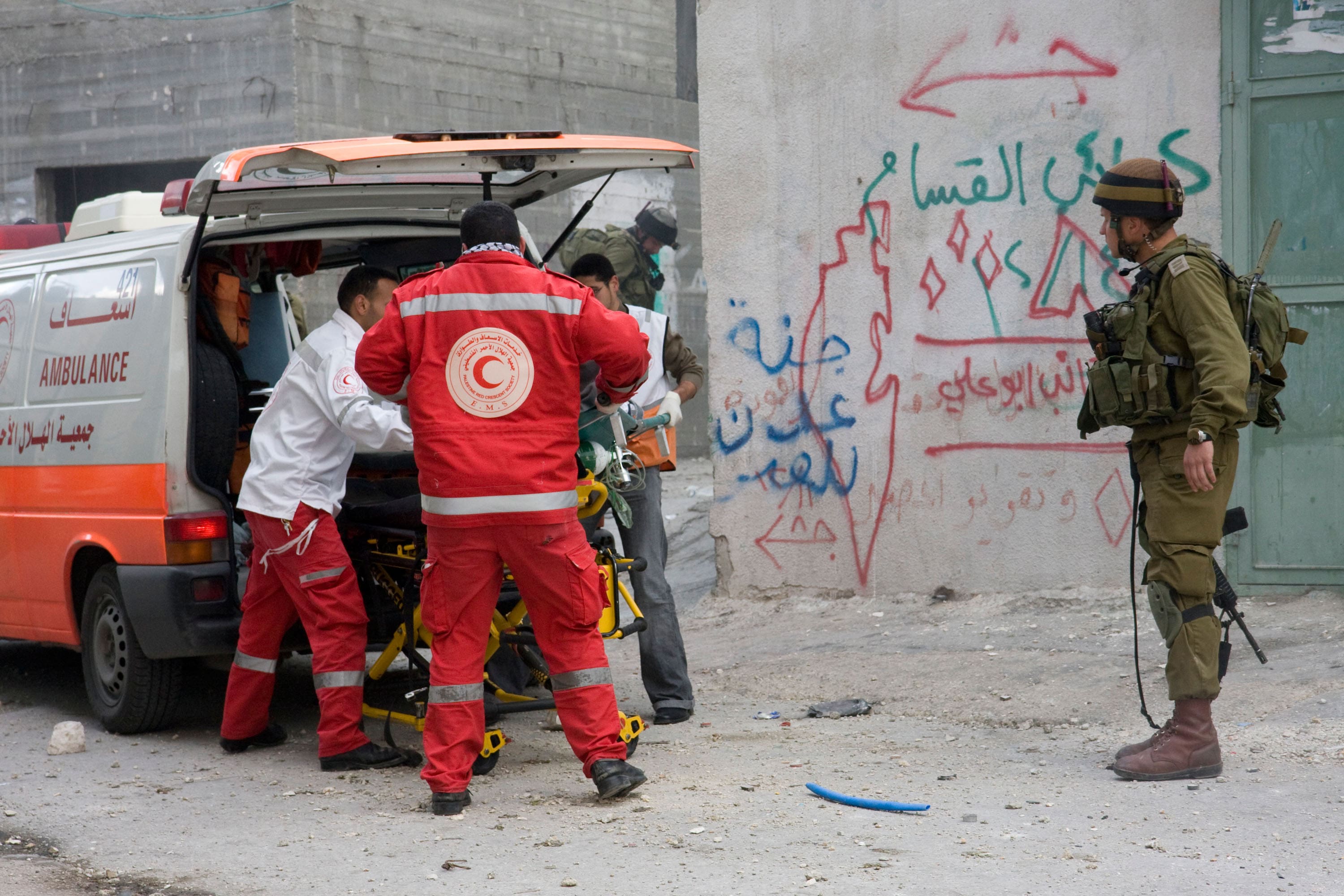
The sudden death of current Palestinian Authority (PA) President Mahmoud Abbas would likely cause a crisis in Palestinian governance that would have significant impacts on the health sector. Likewise, any new elections that result in a change in leadership would cause political and social instability. However, this is less likely due to the PA’s continued refusal to hold presidential and legislative elections.
Possible Outcomes
An abrupt change in Palestinian leadership could take several paths with varying consequences on the Palestinian health sector.
Fatah Succession
Should Abbas resign or die, his successor would likely have already been chosen from within the Fatah political elite. While the international community may bristle at the anti-democratic nature of the succession, they would likely prefer to see a continuation of the status quo and would continue their financial support, including of the health sector. However, this would not be well received on the ground, and Palestinians may mobilize and demand elections, which would likely result in widespread suppression.
Legislative Elections
Should elections be held, Fatah would likely not win. If Hamas wins, as polls suggest, the international community may abandon support for Palestinians, and the Israeli blockade on Gaza would not only persist, but potentially spread to the West Bank.
This may result in the collapse of the PA, including the Ministry of Health (MoH). As a result, the West Bank would experience detriments to the health sector similar to those seen in Gaza: access to healthcare would decrease, and other social determinants of health would be affected, like food and water security, employment, and poverty. NGOs would step in and provide patchwork services with voluntary donations from governments and individuals. Still, the Israeli regime would dramatically restrict access to the West Bank and Gaza, exacerbating the existing humanitarian crisis in these areas.
No Plan for Succession
Should an abrupt change in leadership not be accompanied by a plan for succession, a collapse of the PA regime would be imminent. Different Palestinian political parties would attempt to seize power, and the international community would likely increase funds to attempt to maintain the stability of the PA, though this would be unsustainable.
NGOs would step in and attempt to fill in service gaps, including in healthcare. But in the absence of a governing structure, or the ascendance of Hamas to power, many donors would potentially pull support from such NGOs, leaving them to respond on an emergency basis with no resources or support for capacity building. Funding from countries like Qatar may continue for health initiatives, but not at the scale needed. The Israeli regime would undoubtedly not step in to administer the West Bank and Gaza as it did prior to the Oslo Accords, and it may use the Palestinian power vacuum as a pretext for annexation and other unilateral moves that strengthen its control of the land. This would entail the displacement of Palestinians, including medical personnel, and the health system would inevitably deteriorate.
Democratic Transition
Finally, the effects of an unlikely democratic transition in power through elections or consensus are the least predictable. In theory, the PA could proactively announce elections, explore power-sharing arrangements with other parties, support third parties and grassroots candidates, and overcome obstacles to voting in East Jerusalem. And in the event of the formation of a democratically elected unity government, the international community could explore establishing relations with Hamas.
The repercussions of this unlikely scenario on the health sector may be unpredictable, but a new, legitimate, and representative government would need to have a plan for re-establishing Palestinian institutions—potentially under a reinvigorated Palestine Liberation Organization (PLO)—and for bolstering social services towards a liberation agenda. While funding may halt if donors disengage, a legitimate Palestinian unity government could secure alternative funding from allies.
Citing security concerns, Israel may also take punitive measures against Palestinians in such a scenario, leading to tighter movement restrictions and violence that affect healthcare provision and the social determinants of health. However, if the international community sees the genuine potential for a democratically elected and forward-looking Palestinian leadership with a clear plan for a decolonized health system that emphasizes community participation, local empowerment, and capacity building, it may increase pressure on the Israeli regime to end its occupation of the West Bank and Gaza.
Dr. Yara M. Asi is an Assistant Professor at the University of Central Florida in the School of Global Health Management and Informatics. Her research agenda focuses on global health, human rights, and development in fragile populations. She is a Non-resident Fellow at the Arab Center Washington DC, a 2020-2021 Fulbright US Scholar to the West Bank, the Fall 2021 US Fellow at Al Shabaka Palestinian Policy Network, and the co-chair of the Palestine Health Justice Working Group in the American Public Health Association. Along with working at one of the first accountable care organizations in the United States, she has also worked with Amnesty International USA and the Palestinian American Research Center on policy and outreach issues. She has presented at multiple national and international conferences on topics related to global health, food security, health informatics, and women in healthcare, and has published extensively on health and well-being in fragile and conflict-affected populations in journal articles and book chapters. Her work has also been featured in The Washington Post, The Guardian, The Nation, +972 Magazine, The Conversation, Al Jazeera, The World, and other outlets. Her forthcoming book with Johns Hopkins University Press will examine war as a public health crisis.










